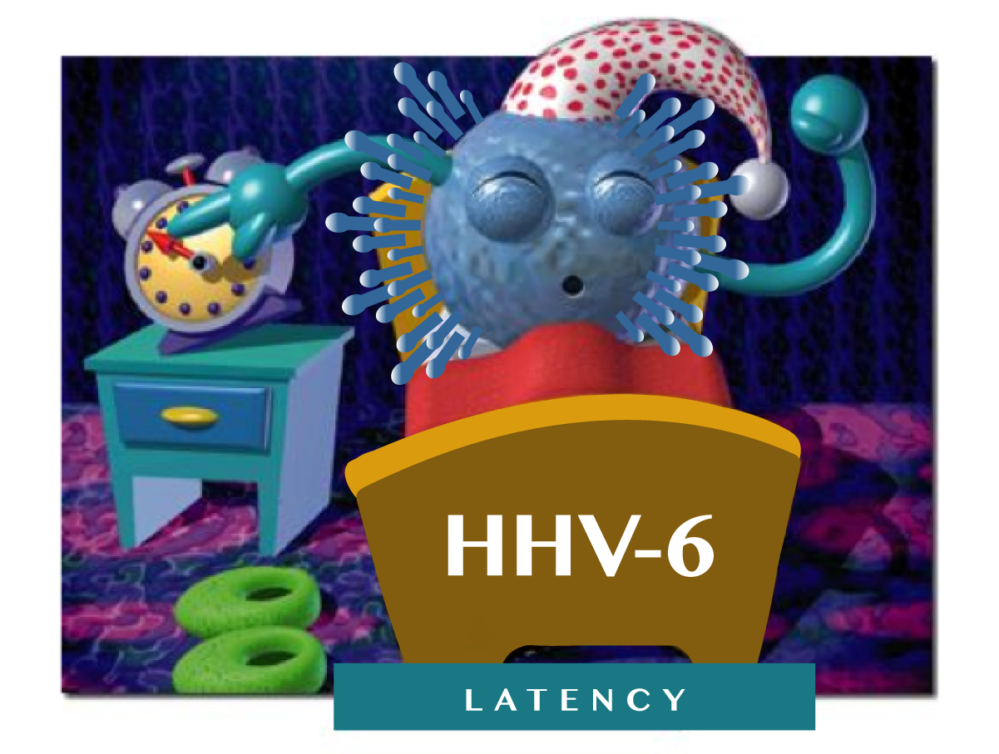
Benedikt Kaufer, PhD, Freie Universität Berlin
A group from Freie Universität in Berlin has found that the nuclear domain 10 (ND10) complex plays an important role in suppressing HHV-6A lytic replication as well as silencing of viral genes. Most herpesviruses, including CMV, dissociate the ND10 complex, which is part of our intrinsic antiviral response, during lytic replication. This does not occur upon infection of cells with HHV-6A/B. The authors suggest that silencing of HHV-6A by the ND10 complex may explain why HHV-6A is more likely to establish a quiescent infection than other herpesviruses.
Since the ND10 complex has previously been shown to induce epigenetic modifications on incoming HSV1 and HHV-8 viral genomes, the authors hope to explore this question in the case of HHV-6 in the future.
For more information, Read the full paper: Sanyal 2018.

